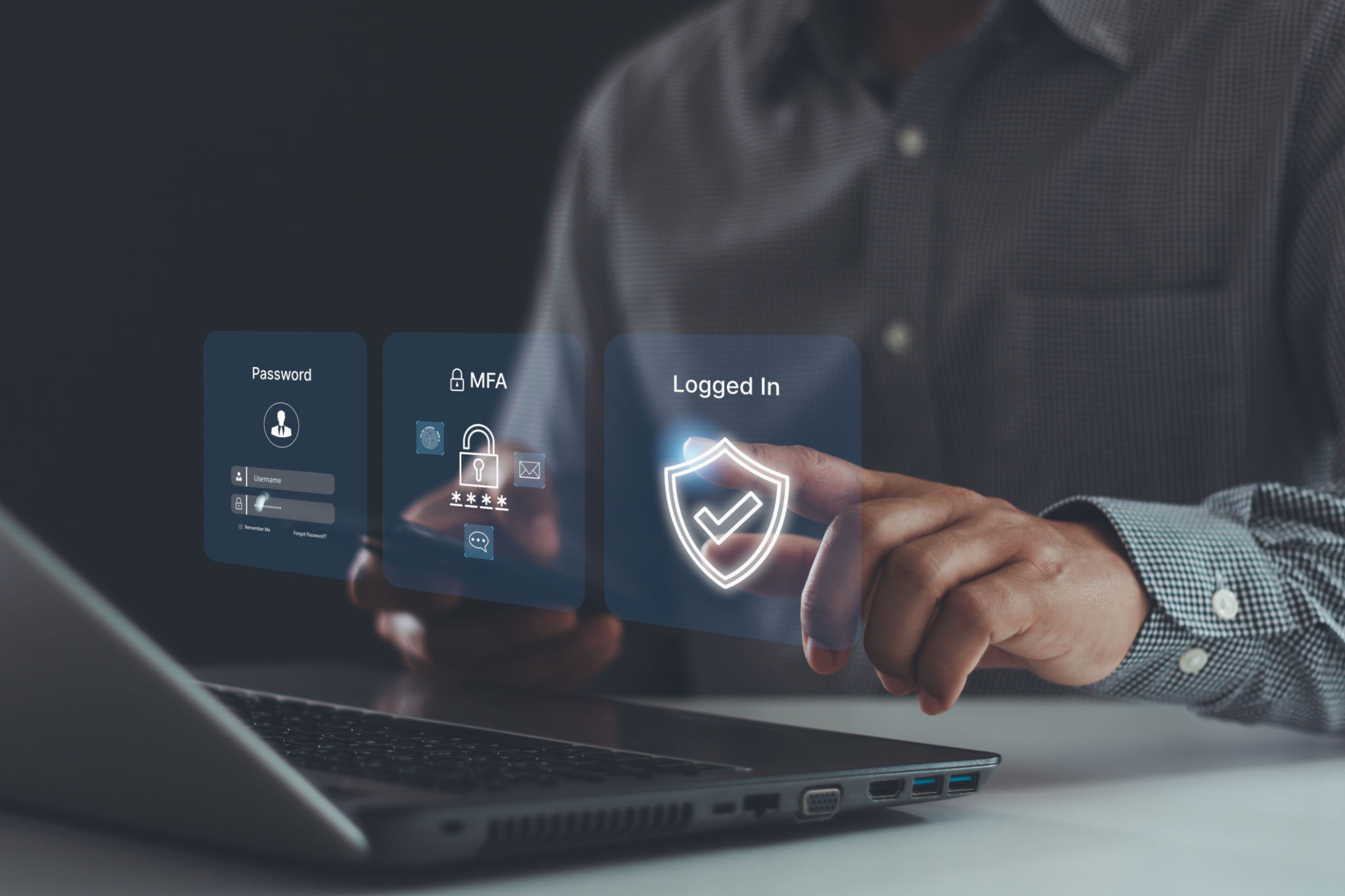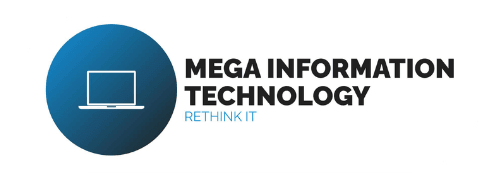Latest Cybersecurity Technologies Enterprises Should Implement Now
Understanding the Importance of Cybersecurity
In today's digital landscape, cybersecurity is no longer a luxury but a necessity for enterprises. With cyber threats becoming increasingly sophisticated, businesses must stay ahead by adopting the latest technologies to safeguard their data and maintain trust with their clients. The consequences of a data breach can be devastating, leading to financial loss, reputational damage, and legal repercussions.
Advanced Threat Detection and Response
One of the most critical technologies enterprises should implement is advanced threat detection and response solutions. These technologies leverage machine learning and artificial intelligence to identify and mitigate threats in real-time, minimizing potential damage. By continuously monitoring network activity, they can detect anomalies and respond swiftly to prevent breaches.

Endpoint Protection Platforms
Endpoint protection platforms (EPP) are essential for securing devices connected to a company's network. These platforms provide comprehensive security by combining antivirus, anti-malware, and firewall features. Additionally, they offer device management capabilities that ensure all endpoints are updated and compliant with security policies.
Zero Trust Architecture
Zero Trust Architecture is a crucial model that assumes no one, whether inside or outside the network, is trustworthy by default. This approach requires continuous verification of user identities and device integrity before granting access to resources. Implementing a Zero Trust model significantly reduces the risk of unauthorized access and data breaches.
Multi-Factor Authentication
Multi-factor authentication (MFA) is an effective measure to enhance security by requiring users to provide multiple forms of verification before accessing systems. This could include something the user knows (password), something they have (security token), or something they are (biometric verification). MFA is an integral part of the Zero Trust framework, adding an additional layer of security.

Cloud Security Solutions
As more enterprises move their operations to the cloud, cloud security solutions become indispensable. These solutions help protect data stored in cloud environments from breaches and unauthorized access. They provide encryption, identity management, and compliance support to ensure data integrity in the cloud.
Data Loss Prevention
Data Loss Prevention (DLP) technologies are vital for preventing sensitive information from being stolen or accidentally leaked. DLP solutions monitor and control data transfers across networks, ensuring that confidential data remains secure within the organization. They can trigger alerts or block data transfers that violate security policies.

The Role of Artificial Intelligence in Cybersecurity
Artificial intelligence is revolutionizing cybersecurity by providing advanced tools for threat detection and response. AI-driven systems can analyze vast amounts of data to identify patterns indicative of cyber threats, enabling faster and more accurate responses. Enterprises that leverage AI in their cybersecurity strategies gain a significant edge in protecting their digital assets.
By implementing these cutting-edge cybersecurity technologies, enterprises can fortify their defenses against evolving cyber threats. Staying proactive and informed about the latest advancements ensures that businesses remain resilient in the face of cyber challenges.
